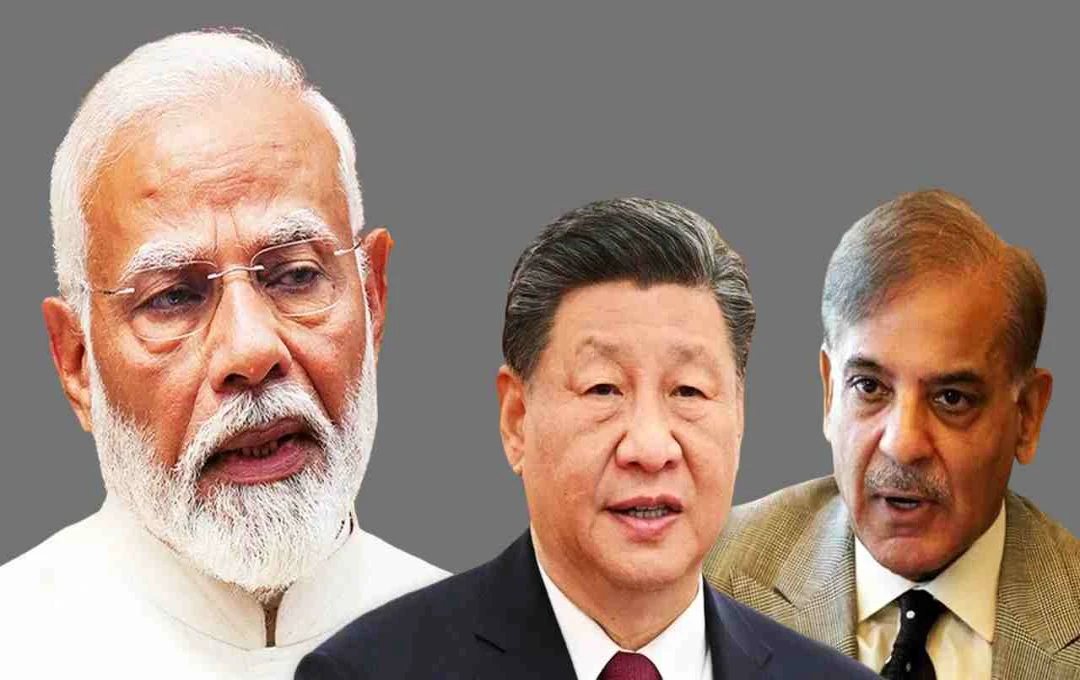The United States has imposed sanctions on major Russian oil companies Rosneft and Lukoil, which could lead to a reduction in India's oil imports from Russia. Indian refinery companies may now increase oil purchases from West Asia, Latin America, and the US. This is estimated to lead to an increase in the country's import bill.
Crude Oil: The US Treasury Department has imposed sanctions on two major Russian oil companies, Rosneft and Lukoil, effective until November 21, requiring all existing transactions with them to be terminated. India has been importing approximately 1.7 million barrels of oil per day from Russia this year, with Rosneft and Lukoil accounting for a significant share. Following the US sanctions, Indian refinery companies may increase oil purchases from West Asia, the US, Latin America, and other markets, likely leading to a rise in the import bill.
US Sanctions and Their Scope
On October 22, the United States imposed sanctions on Russia's two largest oil producers, Rosneft and Lukoil. Under these sanctions, all US entities and individuals are prohibited from conducting any kind of business with these companies. If any non-US firm conducts transactions with these sanctioned companies or their subsidiaries, it may also face penalties. The US Treasury Department clarified that all existing transactions involving Rosneft and Lukoil must be terminated by November 21.
India's Oil Imports from Russia
Currently, Russia accounts for approximately one-third of India's total crude oil imports. This year, Russia exported an average of 1.7 million barrels per day of crude oil to India, with about 1.2 million barrels per day coming directly from Rosneft and Lukoil. Private refinery companies, especially Reliance Industries and Nayara Energy, accounted for a larger share of these supplies, purchasing significant volumes of oil from Russia. Public sector refinery companies had a relatively smaller share.
Position of Reliance and Nayara

According to analysts, Russian crude oil inflows are expected to remain in the range of 1.6-1.8 million barrels per day until November 21. After that, direct imports from Rosneft and Lukoil may decrease. Reliance Industries, which has a 25-year contract with Rosneft for up to 0.5 million barrels per day of crude oil, could be the first Indian company to halt oil imports from Russia.
Nayara Energy is in a vulnerable position in this regard. Due to EU sanctions, supplies from other sources have decreased, making the company fully dependent on Russia. However, experts state that refineries may continue to purchase Russian-grade oil through third parties, but this would require extreme caution.
Oil Imports from Other Sources May Increase
To compensate for the reduction in direct imports from Russia, Indian refineries may increase crude oil purchases from West Asia, Brazil, Latin America, West Africa, Canada, and the United States. This will maintain stability in the Indian oil market, but costs are likely to rise.
Likelihood of Increased Import Bill
Experts suggest that India's import bill could increase due to US sanctions. According to Prashant Vashisht, Senior Vice President at ICRA Ltd., sanctions on some major Russian producers will impact India's oil purchases. Russia's share accounts for approximately 60 percent of total imports. Although India can purchase oil from other regions, rising crude oil prices could lead to an increase in the import bill. It is estimated that replacing Russian oil with market-priced oil from other sources could lead to an annual increase of up to two percent in the import bill.
Impact on Global Oil Market
US sanctions on Russia could also impact the global oil market. Oil price volatility may increase, and supply shortages could be observed in some regions. This could lead to fluctuations in global energy prices. For oil-importing economies like India, this will be a challenge.














